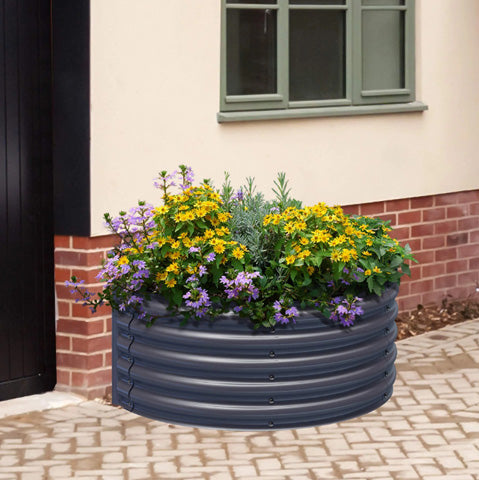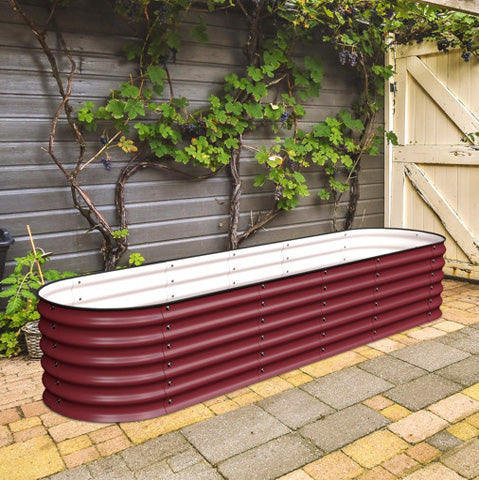Tips for Planting in Raised Garden Beds
Raised garden beds are an excellent way to grow plants, whether you are an experienced gardener or a beginner. These beds offer several benefits, including better soil control, drainage, and pest control. However, it's essential to know how to plant in raised garden beds properly. In this article, we'll provide you with some tips on how to plant in raised garden beds to maximize your yield and ensure healthy growth for your plants.

Preparing the Soil:
The soil in a raised garden bed can differ from that in traditional ground-level gardens. Raised garden beds need to have a soil mixture that drains well while retaining moisture. To prepare the soil, start by removing any weeds, rocks, or other debris from the bed. Then, add a layer of organic matter, such as compost, to the bed. Finally, add a layer of garden soil, mixing it with the organic matter to create a nutrient-rich soil mixture.
Choosing the Right Plants:
The plants you choose to grow in your raised garden bed can significantly impact the growth and yield of your plants. Choose plants that are well-suited to your climate, and pay attention to the amount of sunlight, water, and nutrients each plant requires. Consider planting companion plants that complement each other and can help deter pests and disease.
Plant Spacing:
When planting in raised garden beds, it's crucial to give your plants enough space to grow. Crowding plants can limit their growth and reduce their yield. Refer to the plant label or seed packet for recommended spacing, and plan accordingly. Avoid planting too many plants in a single bed and consider rotating crops to prevent nutrient depletion.
Watering:
Proper watering is critical for the health of your plants. In raised garden beds, water can drain more easily than in-ground gardens, which means you may need to water more frequently. Water your plants deeply and regularly, and avoid overhead watering, which can lead to disease and pest problems. Consider using a drip irrigation system to provide consistent, controlled watering.
Mulching:
Mulching can help retain moisture in the soil, suppress weeds, and regulate soil temperature. Organic mulch, such as straw, leaves, or grass clippings, can break down and add nutrients to the soil over time. Avoid using synthetic mulch or any materials that can trap moisture and promote disease.

Planting in raised garden beds requires some preparation and attention to detail, but the benefits can be significant. By preparing the soil properly, choosing the right plants, spacing them correctly, watering appropriately, and using mulch, you can maximize your yield and grow healthy, vibrant plants. Follow these tips to get started on a successful raised garden bed that will provide you with fresh, healthy produce for years to come.
